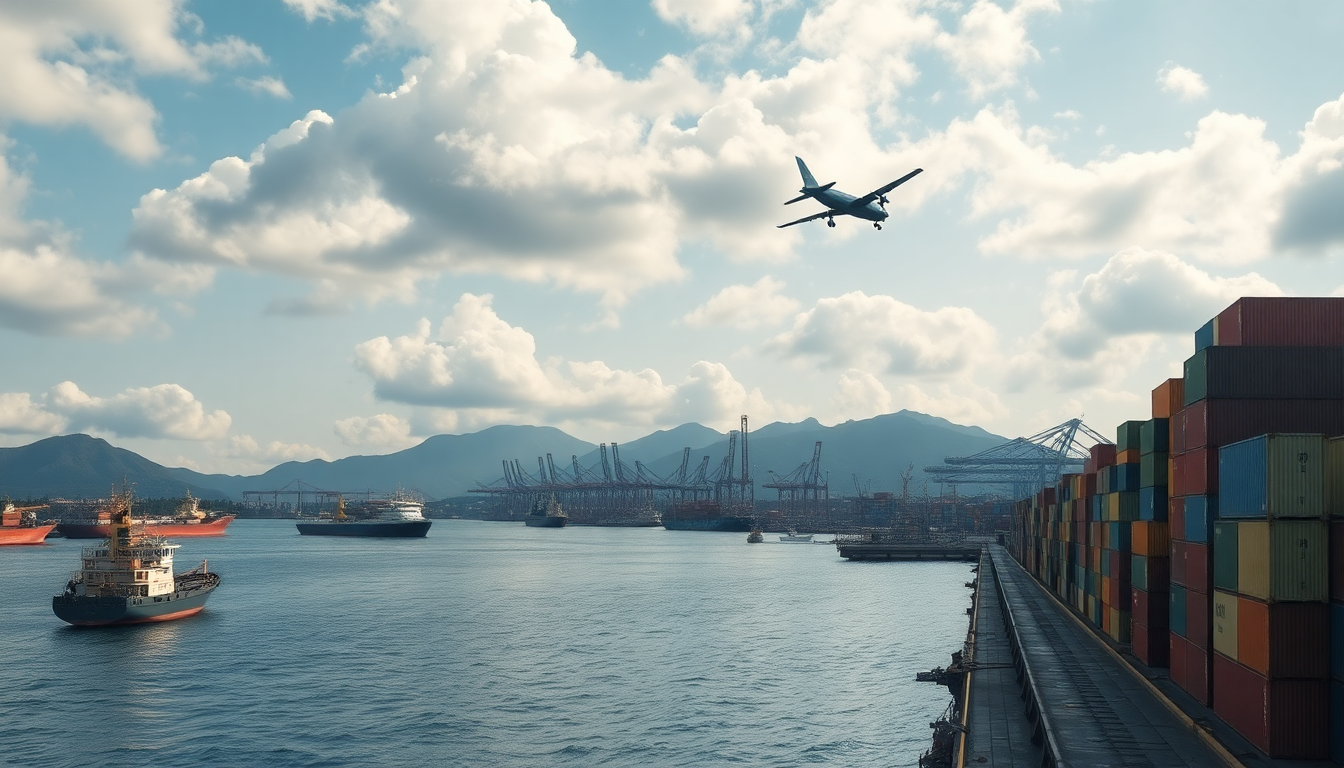Table of Contents
The geopolitical landscape surrounding Taiwan is anything but simple. Tensions are running high, especially after recent strategic assessments from various think tanks. One notable report dives deep into the potential scenarios of a blockade by Beijing and what that could mean not just for Taiwan, but for the entire international community.
As we unpack this analysis, it’s clear that the stakes couldn’t be higher, and any military confrontation would carry serious consequences.
What If China Blockades Taiwan?
The Centre for Strategic and International Studies (CSIS) has conducted an extensive review of 26 different military scenarios to understand how Taiwan might respond to a possible Chinese blockade.
The findings are striking: such a move wouldn’t come cheap or without risks for Beijing. High casualties seem to be a common thread in all scenarios, indicating that military planners need to think carefully about the broader implications of such aggressive actions.
Interestingly, the analysis suggests that a blockade couldn’t simply be seen as a stepping stone to an invasion. Instead, it would raise alarms globally, possibly leading to significant losses for China, which could impair its ability to launch any further military operations.
The report highlights that the aggressive nature of a blockade would likely provoke a strong international response, complicating China’s strategic calculations even further.
The Role of International Allies
In scenarios categorized as “maximum escalation,” the role of the United States becomes crucial.
The report indicates that in these situations, U.S. military assets might engage directly, potentially firing missiles at mainland China. This would not only ramp up tensions but could also drag in allies like Japan and Guam, creating a multi-theater conflict that would be incredibly hard to manage.
This situation serves as a powerful reminder of how interconnected global security dynamics are. Any military action in the Taiwan Strait could spark reactions from allied nations, turning what might start as a localized conflict into a broader regional or even global confrontation. According to the report’s authors, the risks tied to a blockade extend far beyond Taiwan’s immediate waters, affecting international stability as a whole.
Wrapping It Up: What Does This All Mean?
In conclusion, the strategic considerations surrounding a potential blockade of Taiwan paint a picture filled with danger. The insights from CSIS reveal the complexities that come with military decision-making, especially when faced with the realities of high casualties and the potential for escalation. Policymakers need to balance the allure of aggressive military posturing against the risk of igniting a larger conflict.
As tensions in this critical region continue to evolve, the importance of careful diplomacy and strategic foresight cannot be overstated. The implications of military strategies in this context could reshape international relations for years to come, extending far beyond the shores of Taiwan itself.





